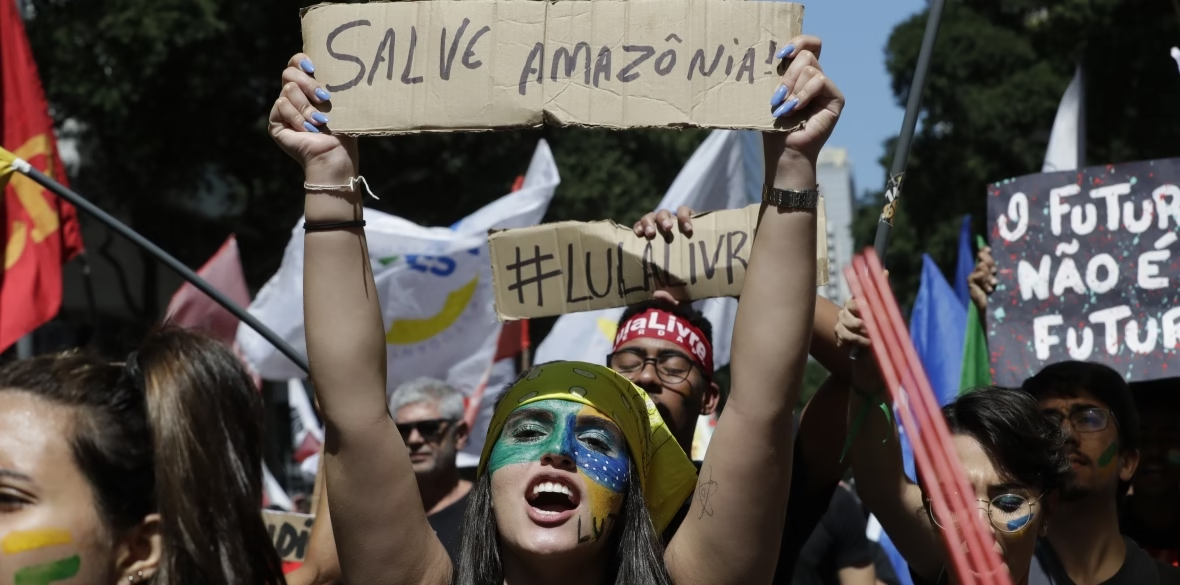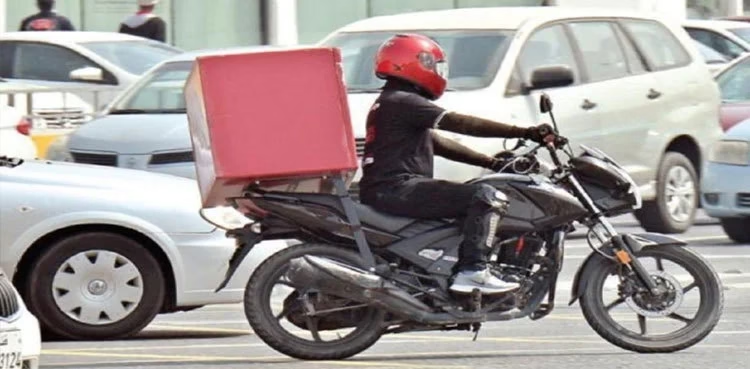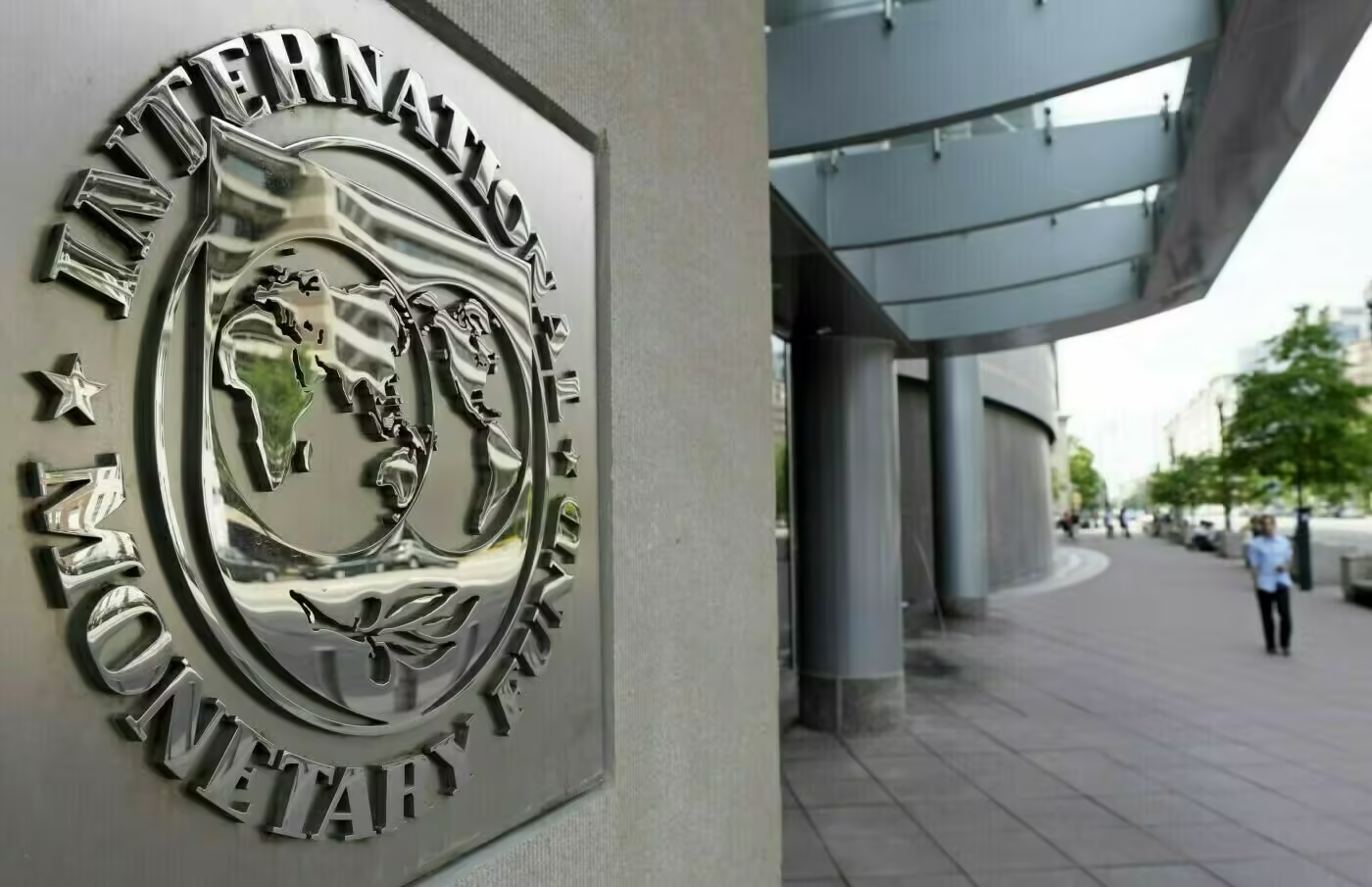Indigenous protests and poor road conditions have severely disrupted the shipment of Brazil’s bumper soybean crop in recent weeks, particularly via the river port of Miritituba in the Amazon. These disruptions are causing significant concern for global companies like Cargill and Bunge, which have major operations in the region.
According to Abiove, an association representing grain handlers, access to Miritituba has been partially or completely blocked for two weeks, preventing the shipment of about 70,000 tons of grains daily—worth nearly $30 million. In a joint statement with Aprosoja Brasil, a farm group, and ATP, a private ports operator lobby, the organizations urged authorities and civil society to swiftly address the situation. The blockades are not only impacting grain shipments but also hindering the movement of people and the delivery of essential goods and services.
Brazil is the world’s largest producer and exporter of soybeans, and demand for the crop has surged, particularly from China, the top global consumer. Traders are concerned that a potential trade war could lead to reduced Chinese imports of U.S. soybeans, further elevating Brazil’s role in the market.
In 2024, Miritituba handled about 15 million tons of soy and corn, representing more than 10% of Brazil’s total exports of those grains. The port is expected to see a 20% increase in volumes this year, underscoring its significance in the global grain trade.
The protests, led by the Munduruku Indigenous people, are centered around a key section of the Transamazonian Highway near Miritituba. The protesters are demanding that Brazil’s Supreme Court overturn a 2023 law that limits their land rights, leading to intermittent blockages on the highway. These blockades have caused severe congestion along a five-kilometer stretch of unpaved road, with some shipments delayed for up to three days. While truckers with pre-scheduled access have avoided these delays, each hour of protest results in at least 12,000 tons of soybeans failing to reach the port, according to AMPORT, which represents the largest companies shipping from Miritituba.
In response to the disruptions, Via Brasil BR-163, the entity responsible for maintaining the highway, announced plans to build new access routes, pending court approval for the expropriation of land.
Tensions have escalated between truckers and Indigenous protesters, with reports of violent clashes. Munduruku representatives claim their peaceful protests have been met with violence, including insults, stone throwing, gunshots, and dangerous driving.
Rafael Modesto, a lawyer for the Indigenous Missionary Council, explained that the protests stem from fears among Indigenous communities about losing their lands to expanding agricultural activities. The conflict between Brazil’s powerful farm lobby and the Supreme Court over proposed changes to land reservation laws has intensified the situation, with concerns that such demonstrations may spread across Brazil if constitutional changes are enacted.



